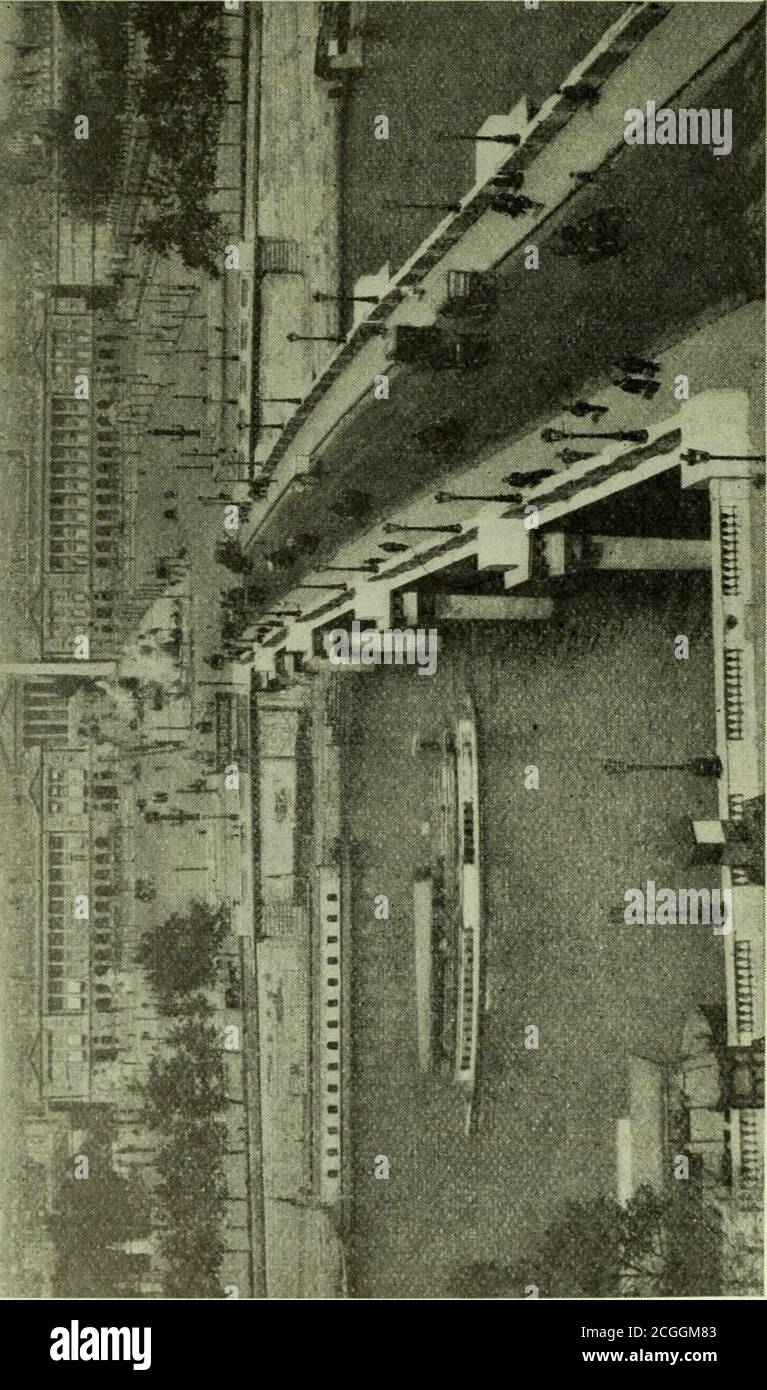. Complete French course . , combattre, to combat, etc. (9) Conduire, to conduct, conduisant, conduit, je conduis, jeconduisis. Also all verbs in -uire (instruire, traduire, produire, introduire, etc.),except luire, to shine (past participle, lui, and no past definite), andnuire, to injure (past participle, nui). The Passive Voice. As in English, any tense of the Passive Voice of a transitiveverb is the same as the corresponding tense of the auxiliaryverb followed by the past participle of the verb in question. Elle est aimée de tout le monde, she is loved by everybody.Nous avons été reçus ave

Image details
Contributor:
Reading Room 2020 / Alamy Stock PhotoImage ID:
2CGGM83File size:
7.2 MB (609.5 KB Compressed download)Releases:
Model - no | Property - noDo I need a release?Dimensions:
1215 x 2058 px | 20.6 x 34.8 cm | 8.1 x 13.7 inches | 150dpiMore information:
This image is a public domain image, which means either that copyright has expired in the image or the copyright holder has waived their copyright. Alamy charges you a fee for access to the high resolution copy of the image.
This image could have imperfections as it’s either historical or reportage.
. Complete French course . , combattre, to combat, etc. (9) Conduire, to conduct, conduisant, conduit, je conduis, jeconduisis. Also all verbs in -uire (instruire, traduire, produire, introduire, etc.), except luire, to shine (past participle, lui, and no past definite), andnuire, to injure (past participle, nui). The Passive Voice. As in English, any tense of the Passive Voice of a transitiveverb is the same as the corresponding tense of the auxiliaryverb followed by the past participle of the verb in question. Elle est aimée de tout le monde, she is loved by everybody.Nous avons été reçus avec honneur, we were received with honor. The passive is used far less frequently than in English, itsplace being taken by on with the active or by a reflexive con-struction. On ma dit que ce nest pas vrai, / have been told that iVs not true. On leur a donné des livres, some books have been given to them. La porte souvre, mais personne nentre, the door is opened, but no one comes in.Cela ne se dit pas, no one says that.. c p QC W S S <l^ r ÛÛ X^3 O -S S O C/) 2 r- Jii o U M < ?^ J rt :3 cr —1 o J t 1 UL 3 (D fl) x: H o hn w n G ■y >» î>^ s •u .b a) Jx CÛ (?5 Formation of Tenses 213 Exercise. 1. Ne vous repentez-vous pas davoir offensé un de vosmeilleurs amis ? 2. Voici mon porte-monnaie ; servez- vous-en, je vous prie. 3. Nouvrez pas cette fenêtre ; jaipeur dun courant dair. 4. En hiver je souffre toujours dufroid. 5. Madame N. est née à Dinan, en Bretagne, le 12février, 1881, dune famille honnête et ancienne. 6. Napo-léon naquit en 1769 et mourut en 1821. 7. Il faut quonprenne les choses comme elles viennent et les hommes commeils sont. 8. Apprenez ces vers par cœur. 9. La plupartdes hommes estiment ce quils ne comprennent pas. 10. Allezdevant; je suis à vous, et je vous suis. 11. Desquels deses amis se plaint-elle ? 12. Voici latelier où un gran